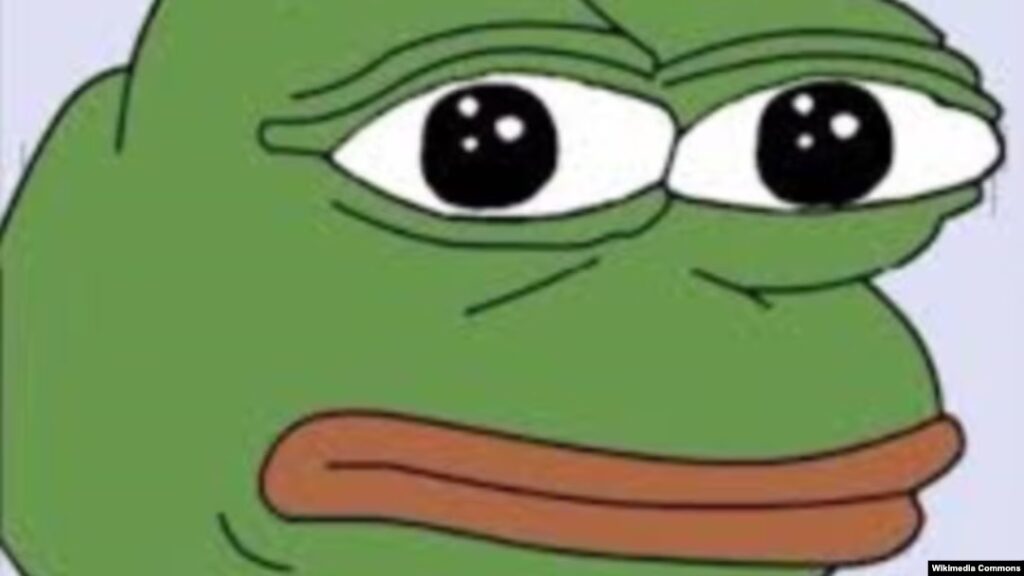Spreading Twitter/X To Europe
Tech Policy Press has a longish read on the Trump administration’s pressures to change Europe’s laws on the use of the internet. Europe has placed more regulation on what may be said and done on the internet than has the United States. Because the internet spreads across the world, some of this regulation comes down on US companies.
Because of that, the administration, aided by Silicon Valley, is mounting an opposition to EU regulation. Although the article doesn’t emphasize “free speech,” the structure and action of that opposition is much in the vein of the “free speech” that Elon Musk has imposed on Twitter/X. More Pepe the Frog! More Nazis! More piling on and bullying! Europe is resisting.
This project is proceeding often in oblique ways. For instance: the US State Department is seemingly obsessed with Europe’s Digital Services Act, or DSA. The DSA regulates technology companies, particularly online platforms like Facebook, X, YouTube and TikTok. Under that law, platforms must submit regular transparency reports, partake in risk audits and act quickly to remove illegal content. Proponents of the law say it contains reasonable safeguards for free expression and that content moderation is essential to maintain a digital public square in which people feel safe enough to speak freely. Opponents, particularly right-wing figures, accuse the DSA of enabling government censorship.
This debate has entangled the DSA within trade disputes between the US and the European Union, but the State Department’s fixation runs deeper than mercantilism. While social media companies have been eager to collaborate with the US government to roll back foreign regulations, officials at the State Department are currently working to redefine transatlantic relations. Their aspiration appears to be a Europe united under far-right rule, which treats liberalism as a common enemy and casts aside the rules-based international order that brought the continent eight decades of relative peace. Tech policy has become a blunt instrument toward that larger goal.
Marco Rubio has been reorganizing the State Department around this initiative. He has proposed creating “a new Deputy Assistant Secretary for ‘Democracy and Western Values’ while diminishing staff and resources for DRL [Bureau of Democracy, Rights and Labor] and its broader human rights mandate.”
On April 16, Secretary Rubio announced the closure of the State Department’s center for “Counter Foreign Information Manipulation and Interference (R/FIMI), formerly known as the Global Engagement Center (GEC),” which was formed to combat propaganda from authoritarian states and terrorist organizations outside the United States and to enhance US strategic communications abroad.
I wonder if Sam Samson, described as “a 2021 college graduate who serves as a senior advisor to the department,” is one of the DOGE boys. He is said to be running the State Department initiative.
A former senior State Department official described Samson’s ideology as a sort of “ordered liberty,” reflected in a 2021 essay he wrote for the American Conservative magazine. Writing in the context of opposition to critical race theory, Samson called for the right to “make room for order and limitation within its conception of freedom.” In other words, he is essentially proposing to redefine freedom so that it allows the state to quash disfavored points of view, in favor of what Samson calls the pursuit of the “transcendent good” — ranging “from basic nutrition to knowledge, family life, and ultimately to God, who is goodness itself.”
JD Vance has been active, too, working with Germany’s far right Alternative für Deutschland.
The Trump administration’s ambitions have little to do with safeguarding free expression from tyranny. If they did, the administration would not be searching for cherry-picked examples of content removed under the DSA. Instead, they are using tech policy at the State Department as a tool in their project to reshape the post-war international order in Trump’s image — at the expense of the transatlantic alliance and, potentially, the lives and liberties of activists in authoritarian settings who formerly accepted grants from the US government.
Read the whole thing.



